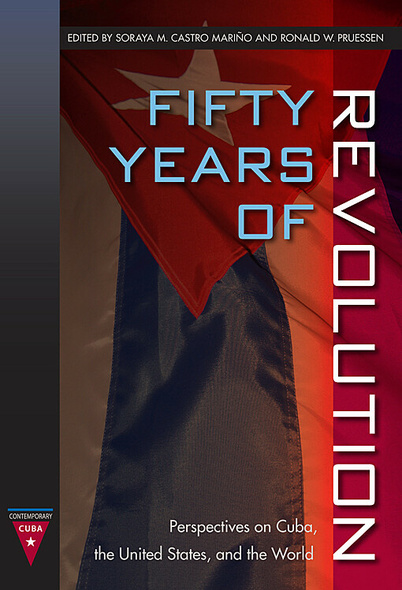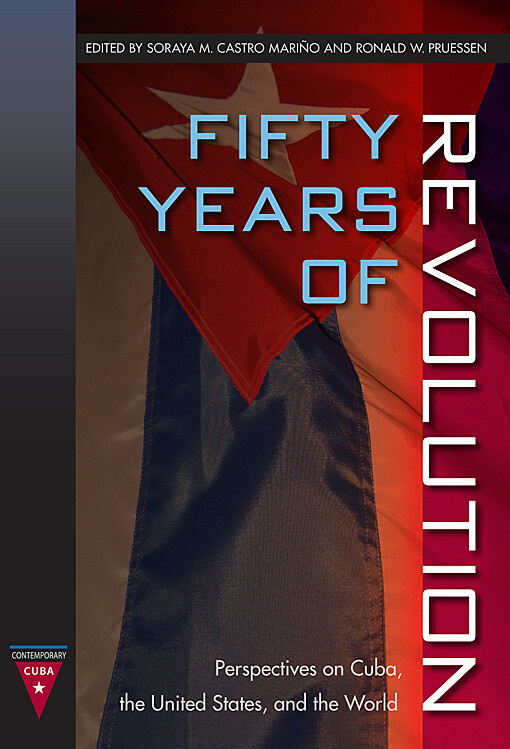Fifty Years of Revolution
Perspectives on Cuba, the United States, and the World
In the years since the Cuban Revolution in 1959, eleven men have served as president of the United States, arguably the most powerful nation on earth. Yet none of them has been able to effect any significant change in the stalemate between the United States and Cuba, its closest neighbor not to share a land border.
Fifty Years of Revolution features contributions from an international Who’s Who gallery of leading scholars. The volume adopts a uniquely nonpartisan attitude, a departure from this topic’s generally divisive nature.
Emerging from a series of meetings, conference panels, and lectures, the book coheres more strongly than the typical essay collection. Organized to analyze—not describe—Cuba’s foreign relations, the work examines sanctions, the embargo, regime change, Guantánamo, the exile community, and more.
Drawing from personal experiences as well as recently declassified documents, these essays update, summarize, and explain one of the prickliest political issues in the Western Hemisphere today.
Provide[s] short overviews of Cuba’s Cold War relationships to Moscow, Europe, Canada, and the United States—while showing that U.S. foreign policy played a role in all of these cases.’—Reviews in American History
Soraya M. Castro Mariño is professor at the Center for the Study of International Policy, Institute of Foreign Relations in Havana, Cuba. Ronald W. Pruessen is professor in the University of Toronto’s department of history and the Pulitzer Prize-nominated author of John Foster Dulles: The Road to Power.






